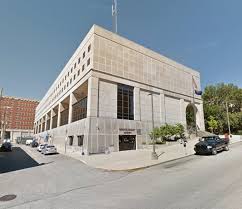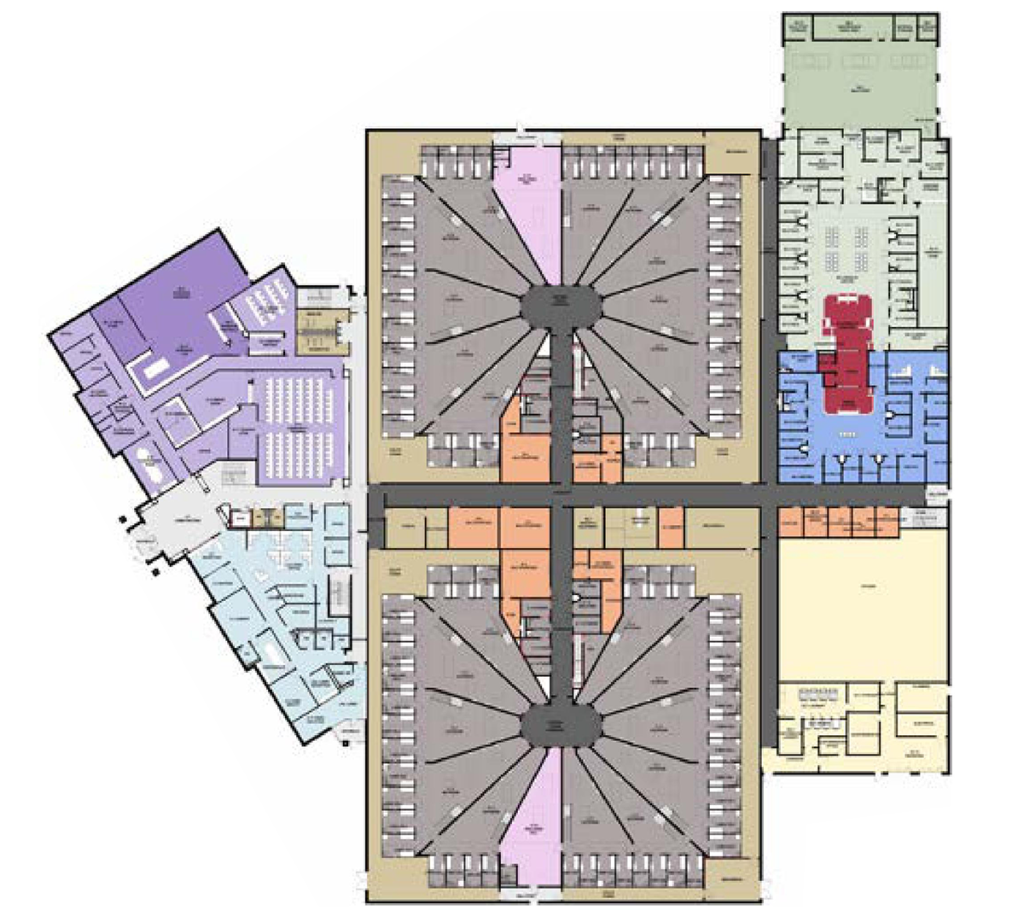
BLOOMINGTON — In a Wednesday meeting, the Monroe County Commissioners voted to delay the approval of a purchasing agreement for a potential site for a new county jail and community justice facility. The motion to extend discussions passed with a 2-1 vote, with Vice President Penny Githens dissenting.

Githens argued that the North Park property remains the most viable option due to its accessibility to State Road 46 and Interstate 69. Commissioner Lee Jones supported her view but chose to back the motion for further deliberation. President Julie Thomas expressed concerns over the urgency of the matter, highlighting risks to inmates at the current jail, but insisted on gathering more information before finalizing any decisions.

During the discussion, Githens raised community concerns about the jail’s appearance and location, questioning whether residents feel safe near the existing facility on Seventh Street. Despite the differing opinions, all commissioners acknowledged the dwindling time frame for making substantial progress, especially given Sheriff Rueben Marté’s warnings about the deteriorating conditions at the current jail.

Notably, the North Park site is the only proposed location outside city limits, with an estimated cost of just over $11 million. However, it comes with a stipulation that construction of the new justice center must commence within one year of breaking ground on the jail.

The vote follows Monroe County Council’s recent decision to fund the project with a revised tax rate increase. The council approved a 0.175 percent tax increase, with Councilman Peter Iverson as the sole dissenting voice. This adjustment, a decrease from the initially proposed maximum increase of 0.2 percent, necessitates a further public meeting scheduled for October 7 at 5 p.m.
The projected cost for the new jail and potential justice center complex could exceed $200 million. At a July meeting, Sheriff Marté highlighted the critical state of the current jail, stating, “The staff at this point is at a maximum of what they do right now, and they are tired. We all want a clean, safe, and humane jail.”

A feasibility study conducted in May by the engineering firm RQAW suggested constructing a facility with 450-500 beds, significantly larger than the current jail’s capacity of 258 beds, which is further restricted to 206 due to inmate classification. The current jail was designed for only 128 beds before implementing a double-bunk system in the 1990s.



